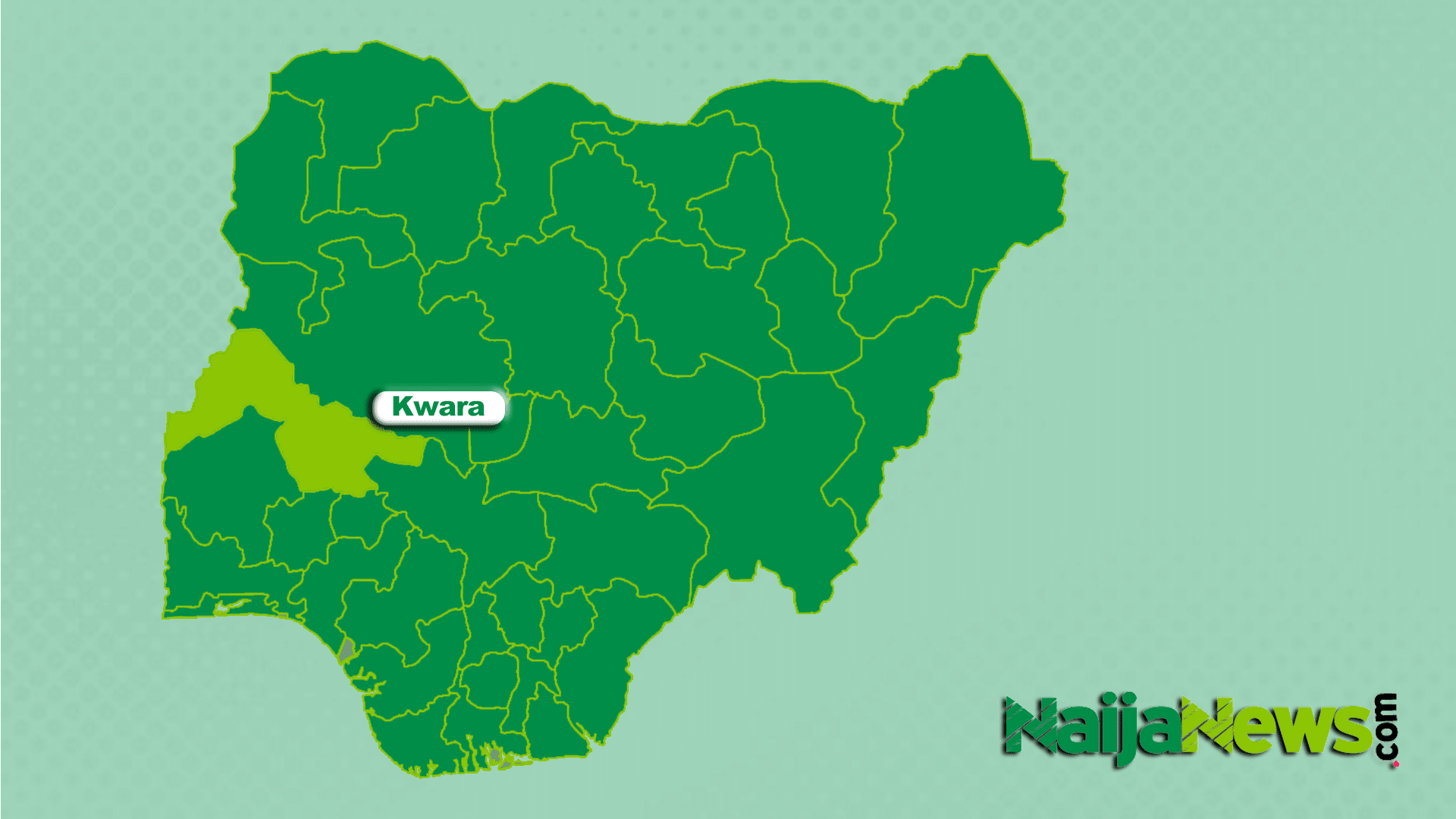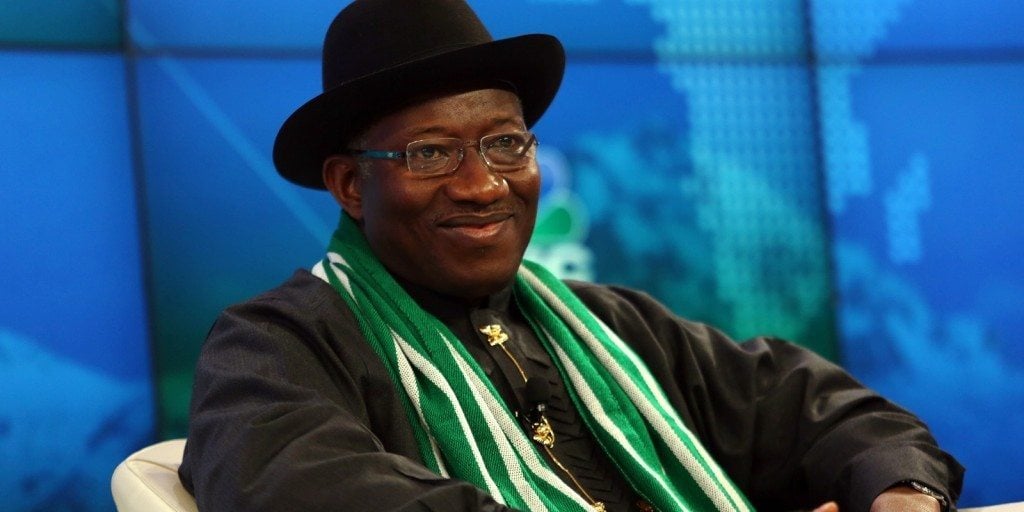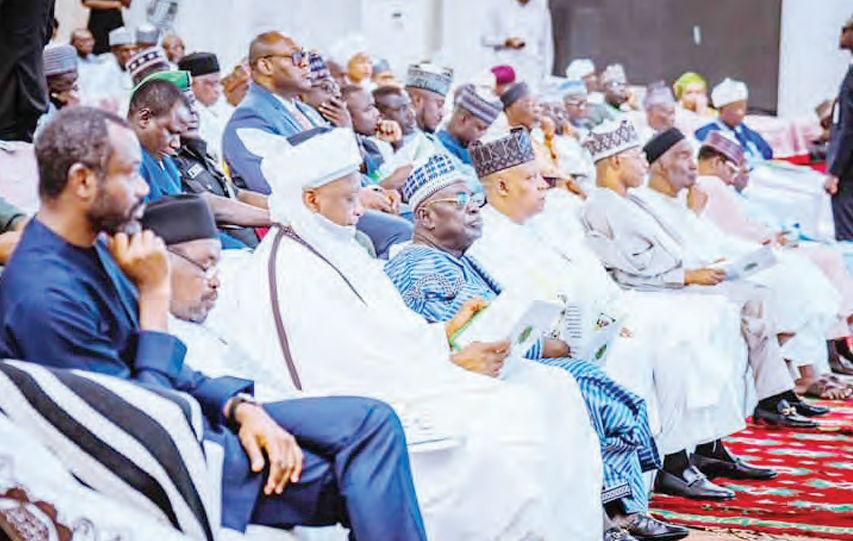
Governor, Central Bank of Nigeria, Dr Olayemi Cardoso
Data from the Central Bank of Nigeria has revealed that the average foreign exchange turnover grew by 180.47 per cent in one year to $240.64m as of the end of February.
This is an increase from the average FX turnover of $85.80m recorded in February 2023.
This was disclosed in the Central Bank of Nigeria Economic Report of February 2024 released by the apex bank on Tuesday.
Month-on-month, average FX turnover on the official window rose by 131.59 per cent in February to $240.64m compared with $103.91m in January reflecting increased trading activities in the foreign exchange market in the period under review.
Between January and February, the CBN said the Nigerian economy recorded a higher net inflow, driven largely by increased inflow through the Bank and autonomous sources.
“Foreign exchange flows through the economy resulted in a net inflow of $6.45bn, as against the $2.40bn in January. A breakdown indicated a net inflow of $4.99bn and $1.46bn through autonomous sources and the Bank, respectively.
“Aggregate inflow into the economy increased by 80.45 per cent to $8.86bn, compared with $4.91bn in the preceding month. Inflow through the Bank rose by 127.97 per cent to $3.26bn, from $1.43bn in the prior month. Autonomous inflow increased by 60.92 per cent to $5.60bn, from $3.48bn. Aggregate foreign exchange outflow decreased by 4.74 per cent to $2.41bn, compared with the $2.53bn in the previous month.
“Autonomous outflow increased to $0.56bn from $0.47bn in January. A net inflow of $2.56 bn was recorded through autonomous sources, compared with $2.97bn in January. The CBN recorded a net inflow of $0.075bn, compared with a net outflow of $0.46bn in the preceding month,” the CBN said.
During an interview with Bloomberg TV in June, the CBN Governor, Olayemi Cardoso, said that the country recorded a total foreign exchange inflow of about $24bn in the first quarter of 2024.
In the period under review, the naira depreciated relative to the US dollar, which the CBN attributed to the continued effects of the market liberalisation.
The average exchange rate of the naira per US dollar at the Nigerian Foreign Exchange Market depreciated by 37.28 per cent to N1,505.30/$ in February, fromN944.08/$ in the preceding month.
Meanwhile, the FMDQ Securities Exchange Limited in its monthly report for May said that the spot foreign exchange market turnover rose by 25.23 per cent to $11.42bn (N16.36tn) in May 2024, compared to the turnover recorded in April 2024 which stood at $9.12bn.
FMDQ on whose platform the official Nigerian Autonomous Foreign Exchange Market is domiciled revealed that “In the FX Market, the Naira depreciated against the US Dollar, with the spot exchange rate ($/N) increasing by 13.32 per cent ($/N191.21) to close at an average of $/N1,435.87 in May 2024 from $/N1,244.66 recorded in April 2024.”
In May, the report said exchange rate volatility increased as the naira traded within an exchange rate range of $/N1,173.88 – $/N1,533.99 compared to $/N1,072.74 – $/N1,419.11 recorded in April 2024.
At the close of trading on Wednesday, the naira to the US dollar stood at 1,581.65/$ with the daily turnover at $108.16m.

 4 months ago
40
4 months ago
40















 English (US) ·
English (US) ·